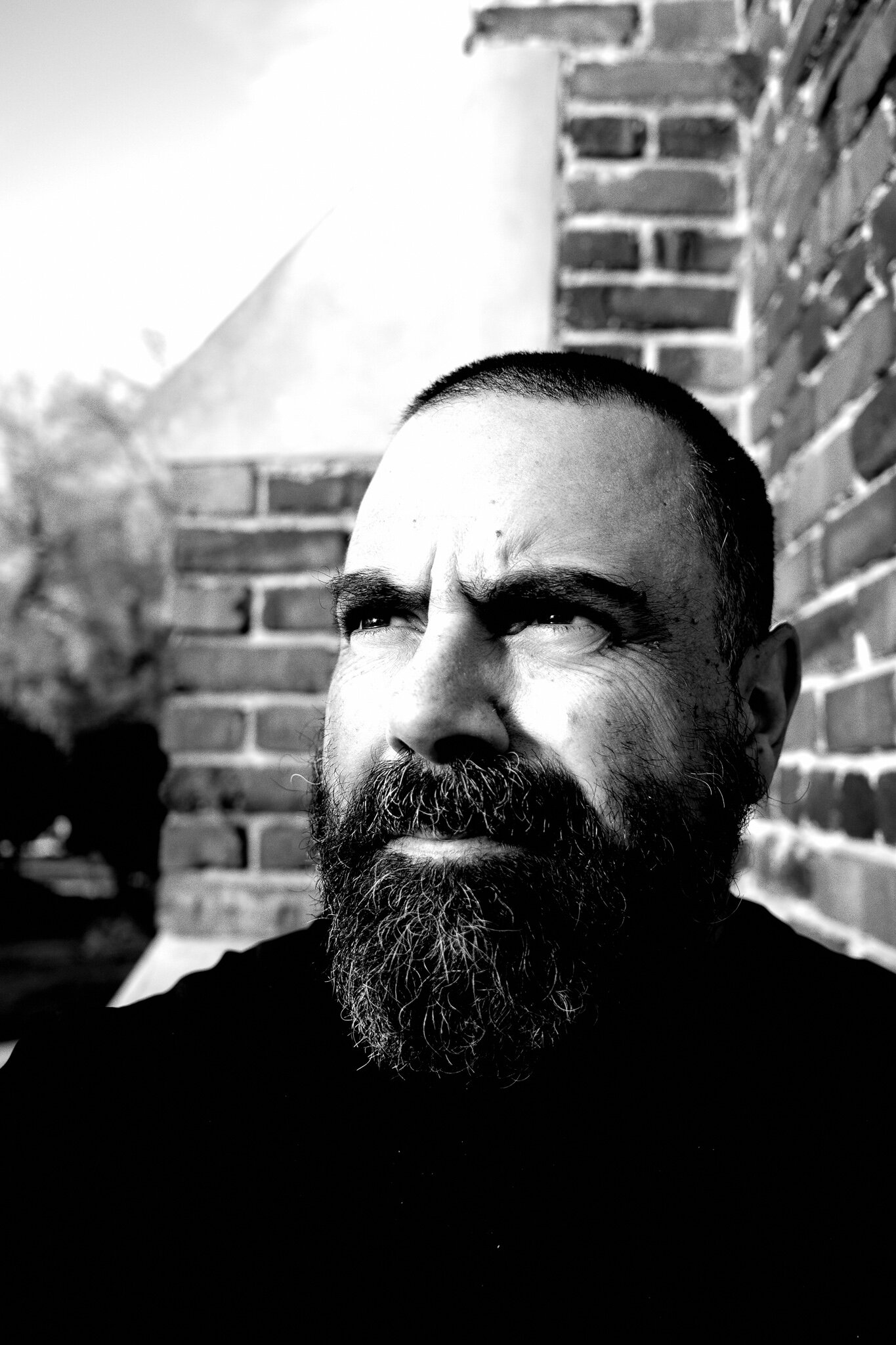Update and Year in Review
2020 in review. Where to start? Like everyone else I ended up working from home around the middle of March, which is still winter in Edmonton. It was a difficult adjustment as I and my partner (and our cat) live in a very small apartment and had to figure out ways we could both continue to do our jobs without getting in each others’ way, etc. I have no idea how people who have kids or parents living with them managed. It was a hard year. Luckily, Edmonton’s low population density meant that we were able to get out for daily walks in the river valley and the ravine without risk of not being able to socially distance. And in fact, this ended up being one of the things that made WFH bearable. Going on walks every day meant we got to see the cycle of bloom and pollination, the way the different kinds of bees tackled different kinds of flowers on different weeks. Turns out the wild roses that grow everywhere here manage six or seven blooms before the weather gets too cold. The river valley and the ravine have their own cycles and we were able to witness them all. I deepened my photography practice as a way to distance myself from my computer and my job, all of which was necessary in a world where the job is almost exclusively Zoom and email-based.
PhD Update. I can’t remember when it was exactly - either late 2019 or early 2020 - I switched my PhD topic from artificial intelligence and the political economy of jobs to the political theory of intellectual freedom in libraries. I’m now firmly in the writing stage.
Writing Update. I managed to continue working on scholarly articles this year. I enjoy writing, so even when it was a slog, it was a good distraction from my apartment, from my job, and from the world at large. I have two pieces in the pipeline, both of which have grown out of my thinking on intellectual freedom and politics. One article was just published, called (in the end) “The Antinomies of Academic Freedom”. This one was a hard one to write, and I’m still not sure I’m wholly satisfied with it. I tend to redraft rather than edit-in-place, and this piece must have gone through nine or ten drafts by the time I was finished. An early draft was quite different and focused too much on things like philosophy of science. Luckily the suggestions of the peer reviewers and the CJAL editor Lisa Sloniowski helped me make the piece much clearer and stronger.
The other big public-facing change is that I have retired the old Red Librarian website and blog. That site remains up, and all the blog posts are checked in to GitHub., but I’ve created a new website using Squarespace. I liked the idea that all posts (and all changes/revisions) were publicly available, which they won’t be on this platform. I’ll have to see what I can do for preservation here.
In previous years, I’ve listed the books I’ve finished. I read a lot of scholarly stuff, but rarely cover-to-cover, and with this list I like to put down what I actually read all the way through, which means its almost exclusively fiction.
Nadine Gordimer, The Conservationist
Graham Greene, A Burnt-Out Case (rr)
Graham Greene, Our Man in Havana (rr)
Anthony Powell, A Question of Upbringing (rr)
Vladimir Nabokov, Lolita
Philip K. Dick, Martian Time-Slip
Jacques Poulin, Tournée d’automne
Robert A. Heinlein, The Number of the Beast (rr)
Leonard Cohen, Death of a Ladies Man
Leonard Cohen, The Favourite Game (rr)
Neil Gaiman, Sandman Overture
Neil Gaiman, Sandman: Preludes and Nocturnes (rr)
Neil Gaiman, Sandman: The Doll’s House
J.G. Ballard, High Rise
F. Scott Fitzgerald, The Beautiful and Damned
F. Scott Fitzgerald, The Great Gatsby (rr)
Susan Sontag, On Photography
Susan Sontag, Illness as Metaphor
John Wyndham, The Chrysalids
Jane Austen, Persuasion
Ursula K. Le Guin, The Word for World is Forest
Ursula K. Le Guin, The Left Hand of Darkness (rr)
Ursula K. Le Guin, Gifts
Ursula K. Le Guin, Voices
Ursula K. Le Guin, Powers
John Le Carre, Tinker Tailor Soldier Spy
John Le Carre, The Honorable Schoolboy
John Le Carre, Smiley’s People
James Tully, Strange Multiplicity: Constitutionalism in an Age of Diversity
29 finished books, which is fewer than in 2019 (36), but more than in 2017 (27) and 2018 (24).
